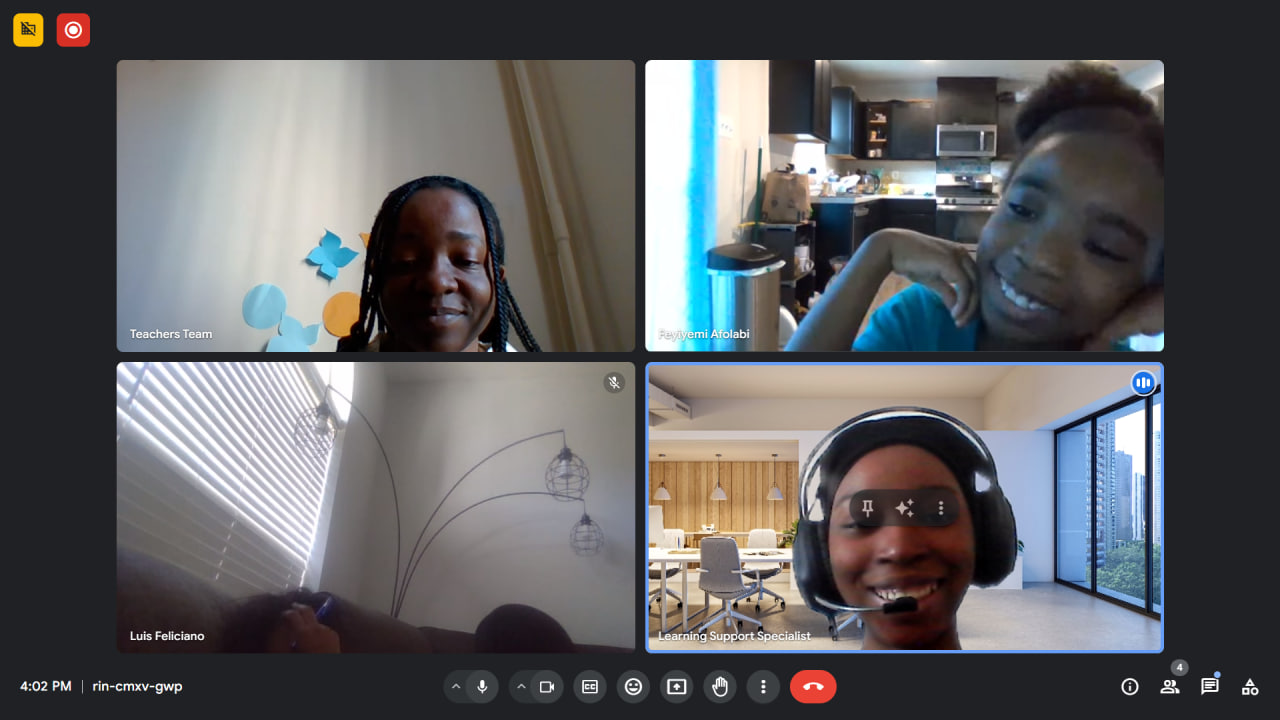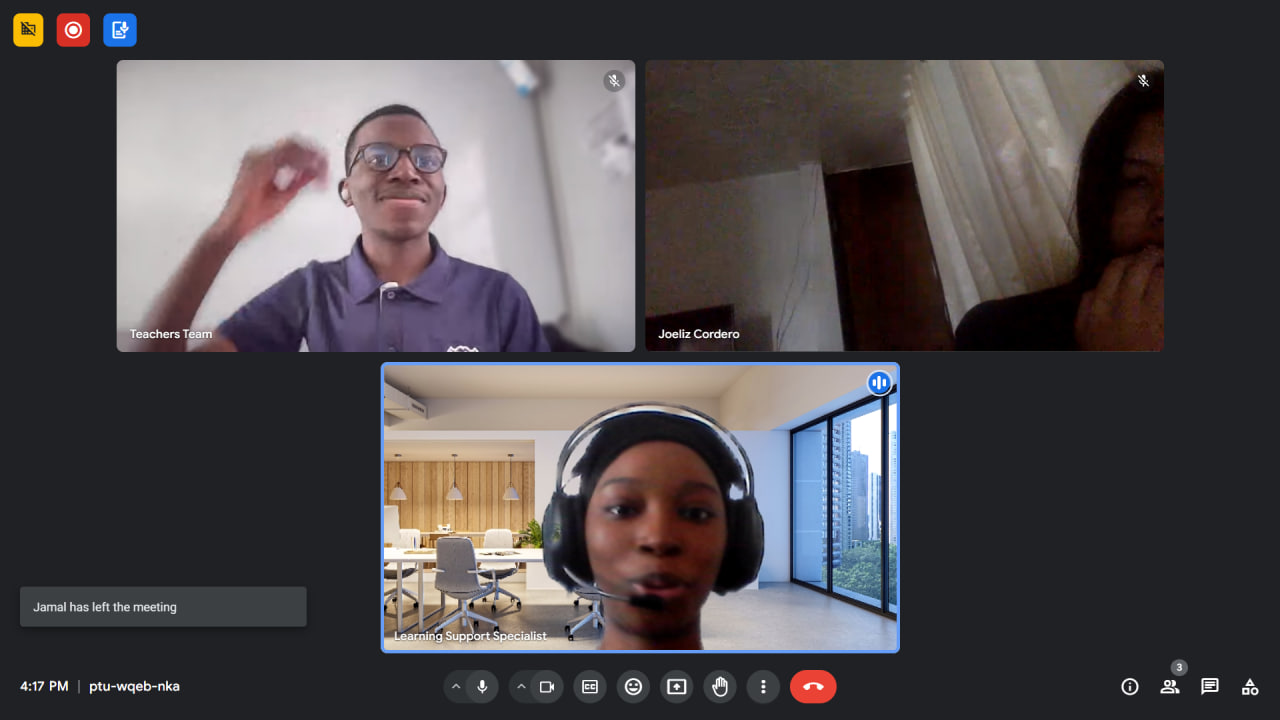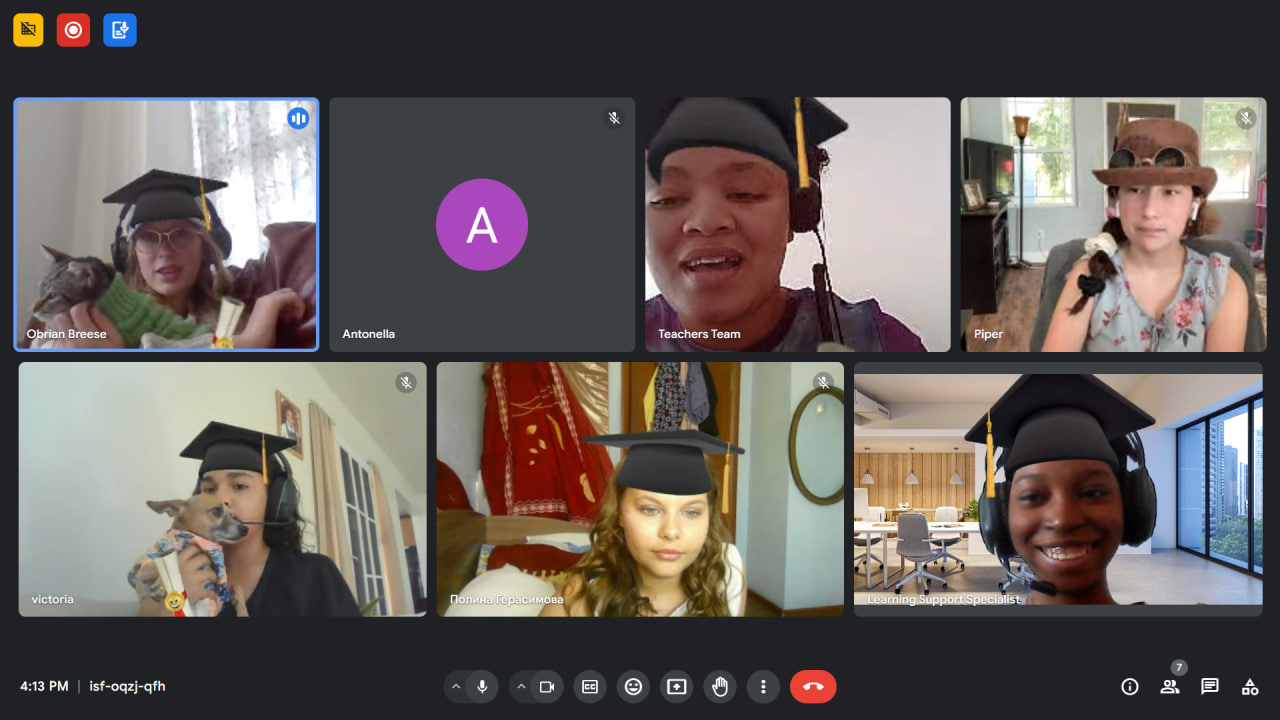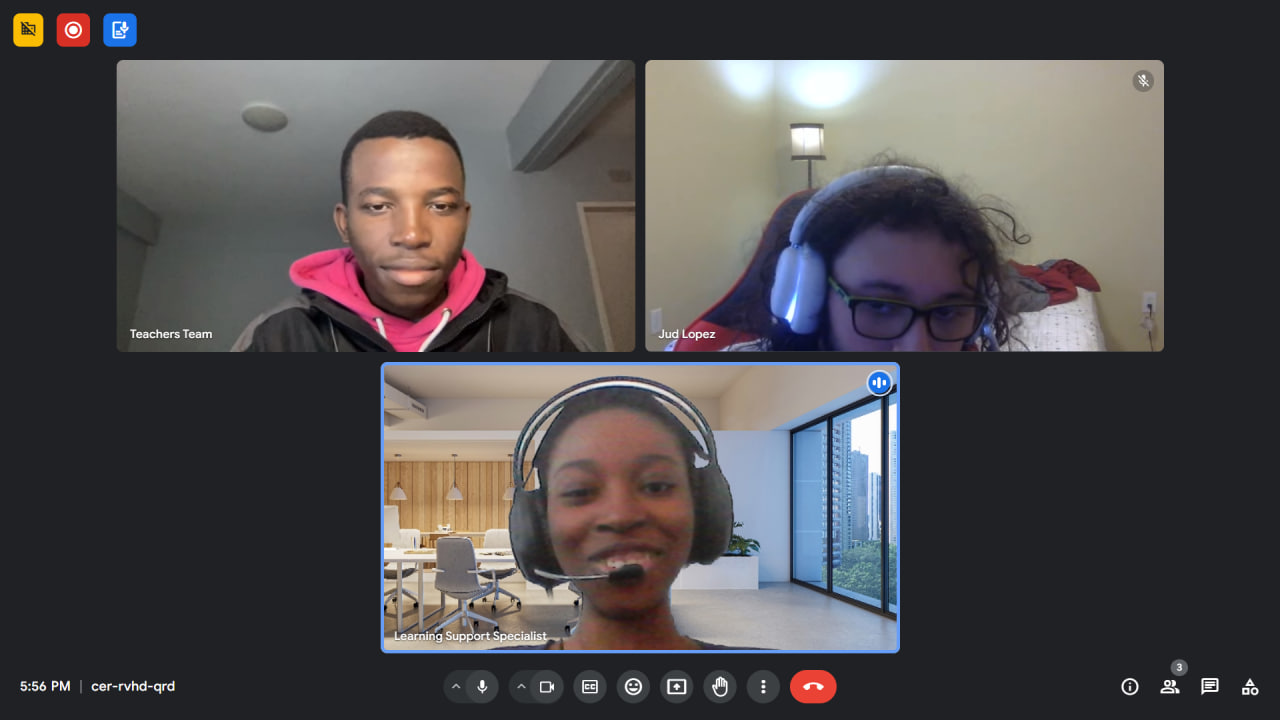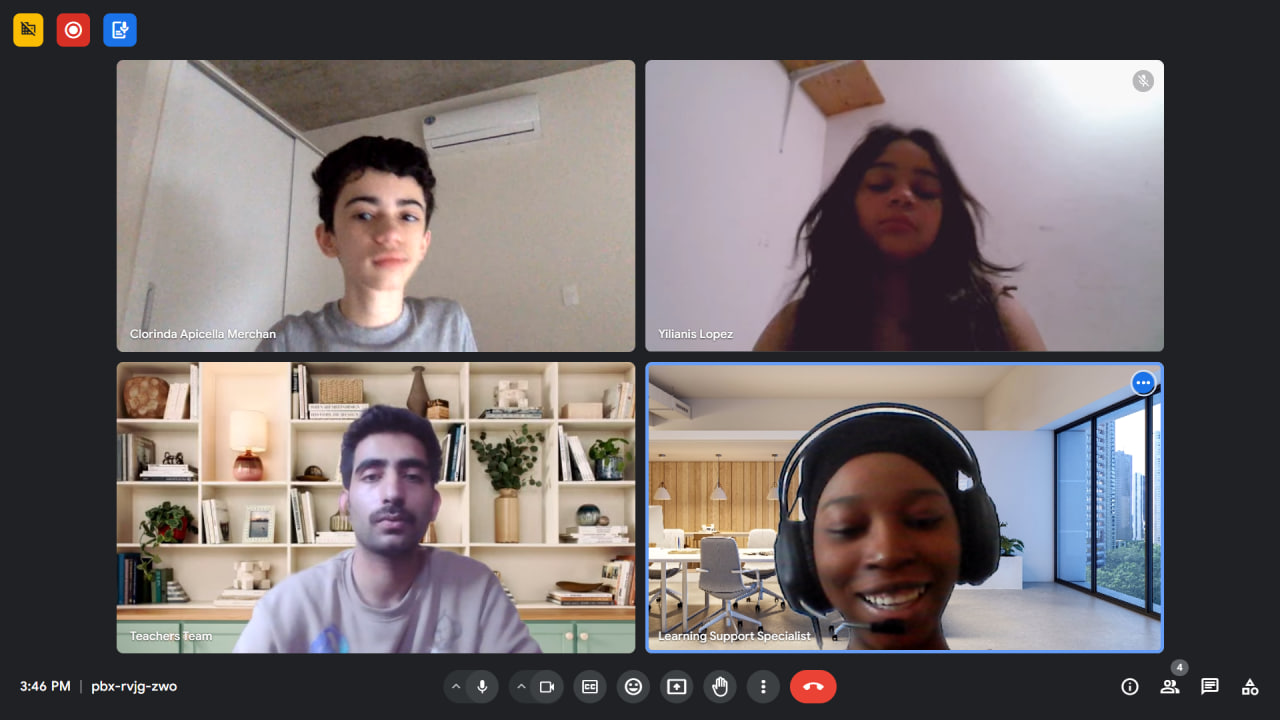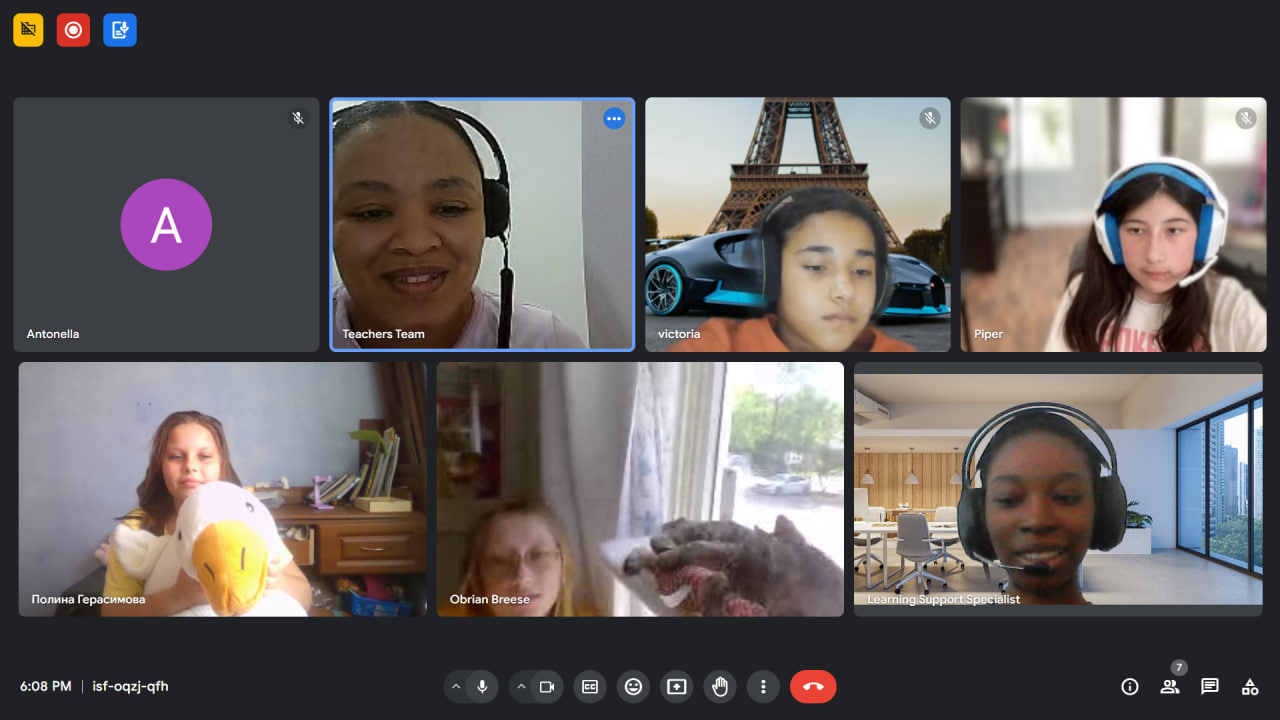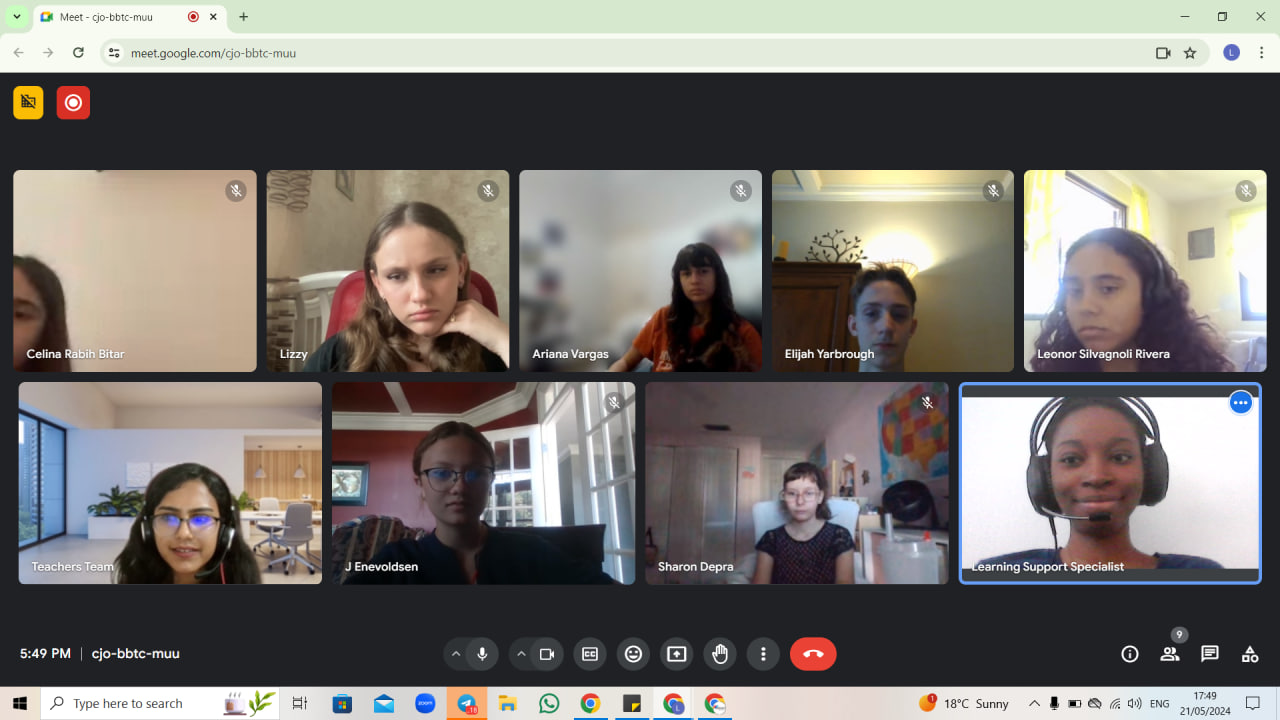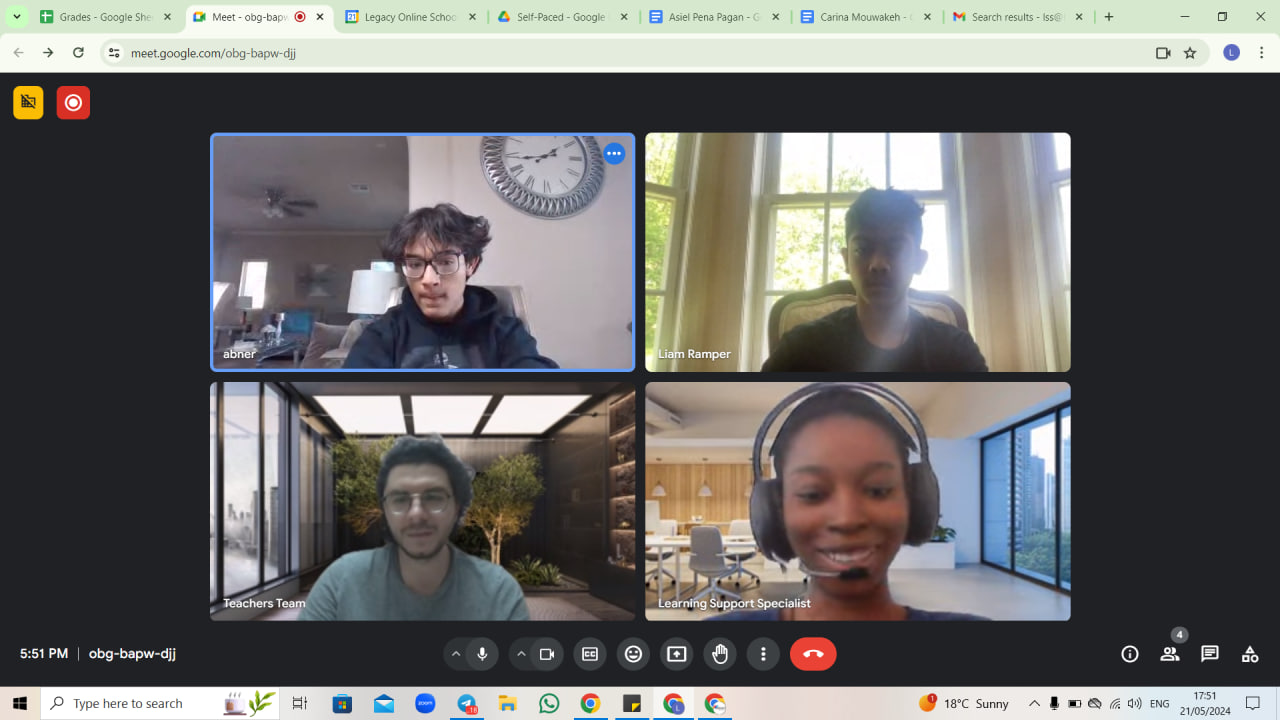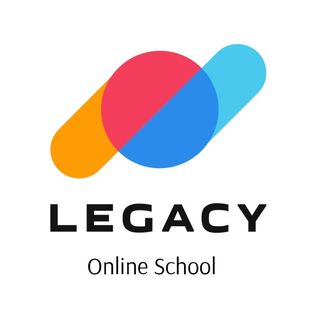Formação acreditada
Currículo STEM premiado para o ensino doméstico
Programas de ensino médio on-line acessíveis: Opções de aprendizagem virtual no K12
Sobre a Legacy Middle Online School
A Legacy Online Middle School oferece uma estratégia única de educação on-line adaptada aos alunos do ensino médio, combinando instrução síncrona, várias técnicas de ensino e um compromisso com a relação custo-benefício. Ao considerar esta ou qualquer outra plataforma educativa, os potenciais alunos e os seus tutores devem ponderar os seus requisitos, inclinações e situação financeira distintos para discernir se este modelo é congruente com os seus objectivos académicos.
Incorporando métodos de ensino convencionais e inovadores, a Legacy Online Middle School está a moldar o futuro do ensino médio na era digital. A nossa forte ênfase no ensino em tempo real, nas diversas técnicas de ensino e na acessibilidade financeira está em sintonia com as tendências crescentes do ensino online, tornando-o uma opção viável para aqueles que exploram percursos educativos alternativos.
Instrução ao vivo com educadores qualificados
A Legacy Online Middle School, uma plataforma digital de ensino médio, orgulha-se de oferecer instrução ao vivo como um componente integral de seu currículo de ensino médio on-line credenciado. Estas sessões online são ministradas por educadores certificados em tempo real, incluindo aulas, sessões interactivas e debates em grupo. Este modelo pretende reproduzir a atmosfera de uma sala de aula física, promovendo a participação ativa entre alunos, professores e colegas.
Ofertas educativas variadas
Compreendendo as preferências de aprendizagem multifacetadas dos alunos do ensino médio, a Legacy Online School incorporou quatro modos de aprendizagem distintos:
- Aprendizagem individual: Para alunos que gostam de estudar por conta própria.
- Aprendizagem em grupo: Promover o trabalho em equipa e desenvolver competências interpessoais.
- Aprendizagem ao ritmo do aluno: Capacitar os alunos com módulos que podem navegar à velocidade que preferirem.
Além disso, a instituição oferece cursos básicos, Advanced Placement (AP) e Co-curriculares, enriquecidos por uma variedade de clubes virtuais, o que proporciona uma experiência educacional abrangente.
Considerações sobre custos e suporte
Reconhecendo as barreiras financeiras que podem impedir o acesso a uma educação de qualidade, a Legacy Online Middle School oferece uma variedade de opções de pagamento anual e mensal. Esses planos atendem a diversas capacidades financeiras, com o objetivo de democratizar o acesso à educação on-line. A estrutura de apoio da instituição foi criada para orientar os alunos na sua viagem académica digital, embora o impacto desta assistência possa variar em função das circunstâncias e necessidades individuais.
Porquê considerar programas de ensino médio online?
Os programas de ensino médio on-line oferecem uma série de benefícios que os tornam uma opção atraente para muitas famílias. Uma das principais vantagens é a acessibilidade a cursos online acreditados flexibilidade de horários para os estudantes que participam na aprendizagem em linha que eles fornecem. Os alunos podem adaptar a sua aprendizagem a outros compromissos, criando uma experiência educativa mais personalizada.
Além disso, os programas em linha oferecem acesso a um currículo acreditadoO objetivo é assegurar que os alunos recebam um ensino de qualidade que cumpra as normas estabelecidas. O ambiente virtual de aprendizagem promove experiências de aprendizagem interactivas e envolventes.
Como se inscrever num programa de ensino médio online?
A inscrição num programa de ensino médio online envolve normalmente um processo de candidatura onde os alunos fornecem as informações necessárias. Encontrar-se como parceiro no percurso do seu filho na escola secundária online. requisitos de elegibilidade é essencial para garantir um processo de inscrição sem problemas. É aconselhável consultar os conselheiros escolares para obter orientação e apoio durante o processo de inscrição numa escola secundária em linha acreditada.
Que cursos são oferecidos nos programas on-line do ensino médio?
Os programas de ensino médio on-line oferecem uma variedade de cursos para atender às diversas necessidades de alunos do ensino médio. Os alunos podem aceder currículo básico do ensino secundário oferecido através de cursos em linha acreditados bem como opções electivas para explorar os seus interesses. Para além disso, existem cursos de preparação para o ensino secundário disponíveis para equipar os estudantes para o ensino secundário e mais além.
Os programas de ensino médio on-line são adequados para o meu aluno?
Ao considerar programas de ensino médio on-line, é importante levar em conta os seguintes aspectos do aluno estilos de aprendizagem para determinar se está de acordo com as ofertas do programa. Esses programas geralmente oferecem oportunidades de aprendizado on-line, recursos de apoio para os alunos inscritos numa escola secundária em linha de uma academia para ajudar os alunos a ter sucesso académico com o currículo do ensino secundário em linha da academia. A interação com os colegas em ambientes virtuais também pode contribuir para uma experiência de aprendizagem em colaboração.
Benefícios da escolha do ensino médio virtual
Optar pelo ensino médio virtual abre oportunidades para aprendizagem autónoma em cursos em linhapermitindo aos alunos progredir ao seu ritmo. Orientação dos orientadores de aprendizagem O programa de ensino à distância melhora ainda mais a experiência educacional, fornecendo apoio personalizado. Muitos programas também oferecem aprendizagem on-line como uma ponte entre a escola tradicional e a flexibilidade de estudar em qualquer lugar. opções de isenção de propinastornando a educação de qualidade acessível a todos através de cursos em linha.
